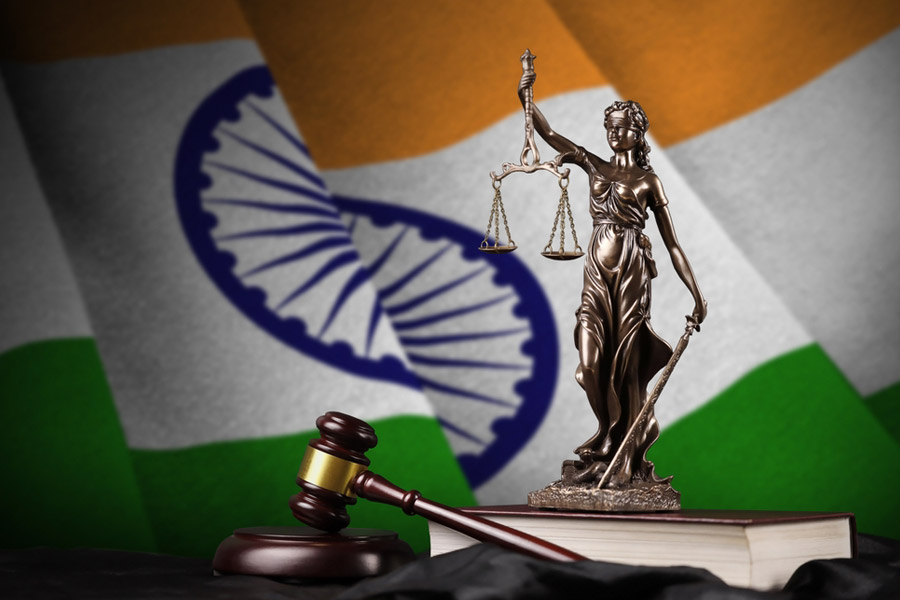The Supreme Court has ruled that no judicial order can be passed against a judge for alleged impropriety or indiscipline in the discharge of duties as it set aside a Rajasthan High Court judgment that passed adverse remarks against a district and sessions judge during a bail hearing.
“Explanation of a judicial officer can be called for only on the administrative side,” a bench of Justices Abhay S. Oka and Augustine George Masih said in a ruling onTuesday.
The ruling assumes significance in the context of the row surrounding Justice Shekhar Kumar Yadav of Allahabad High Court for his alleged anti-Muslim comments at a VHP event on December 8.
Justice Yadav had allegedly referred to some Muslims as “kathmullahs”, asserted that India would run according to the majority’s wishes, and “pledged” that a Uniform Civil Code would become reality.
Justice Yadav on Tuesday appeared before the five-judge collegium headed by Chief Justice of India Sanjiv Khanna to explain his controversial remarks.
The collegium — which also included Justices B.R. Gavai, Surya Kant, Hrishikesh Roy and Abhay S. Oka — heard Justice Yadav on the administrative side, which means no judicial order can be passed against him.
Under the Constitution, a judge of the Supreme Court or high court can be removed only through an impeachment motion passed in Parliament. A district and sessions judge can be removed from service by the high court concerned only after a detailed inquiry on the administrative side.
However, Justice Yadav had made the observations not during the discharge of his judicial duties but in his personal capacity.
In the present case, district and sessions judge Ayub Khan had challenged a judgment by a single-judge bench of Rajasthan High Court wherein adverse remarks were passed against Khan for not incorporating details relating to the criminal antecedents of an accused in a bail matter aswas stipulated by the high court in its ruling in theJugal Kishore vs State of Rajasthan in 2020.
“We fail to understand how the appellant committed acts of indiscipline or contempt by not following the suggestion incorporated in paragraph 9 (Jugal Kishore judgment). Secondly, even assuming that the appellant was guilty of indiscipline, on the judicial side, the high court ought not to have passed an order calling for an explanation from a judicial officer. The direction of calling for an explanation from a judicial officer by a judicial order was inappropriate. Explanation of a judicial officer can be called for only on the administrative side,” Justice Oka, who authored the judgment, observed.
The apex court noted that Khan was forced to give a reply and was left with no choice but to tender an apology.
“With the utmost respect to the high court, undertaking such an exercise was a waste of precious judicial time of the high court which has a huge pendency. What the high court has done while deciding a bail petition in a case where bail was denied by the appellant as a sessions judge was completely uncalled for. The entire exercises done by the high court right from issuing directions in the case of Jugal Kishore and passing orders dated April 4, 2023, April 25, 2023, and the impugned order by which the high court found fault with the appellant was not only unwarranted but illegal,” the apex court said.
“Injustice has been done to the appellant (judge) by passing the orders, which we have referred to above,” it added.
The apex court referred to its 2023 judgment in the Sonu Agnihotri case that observes that a judicial officer gets the full opportunity to explainhis position whenever action is proposed against him officer on the administrative side. However, a judicial officer’s career gets affected if such personal and adverse observations are made in a judgment.











